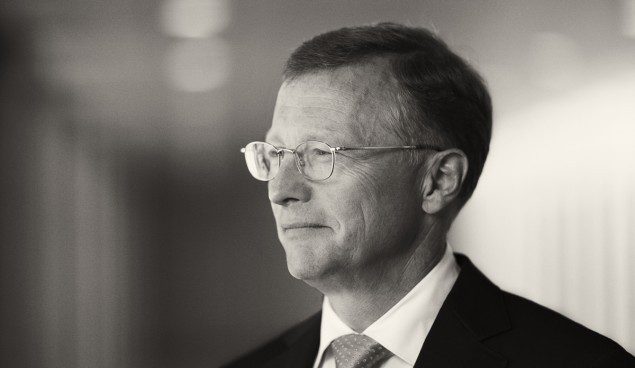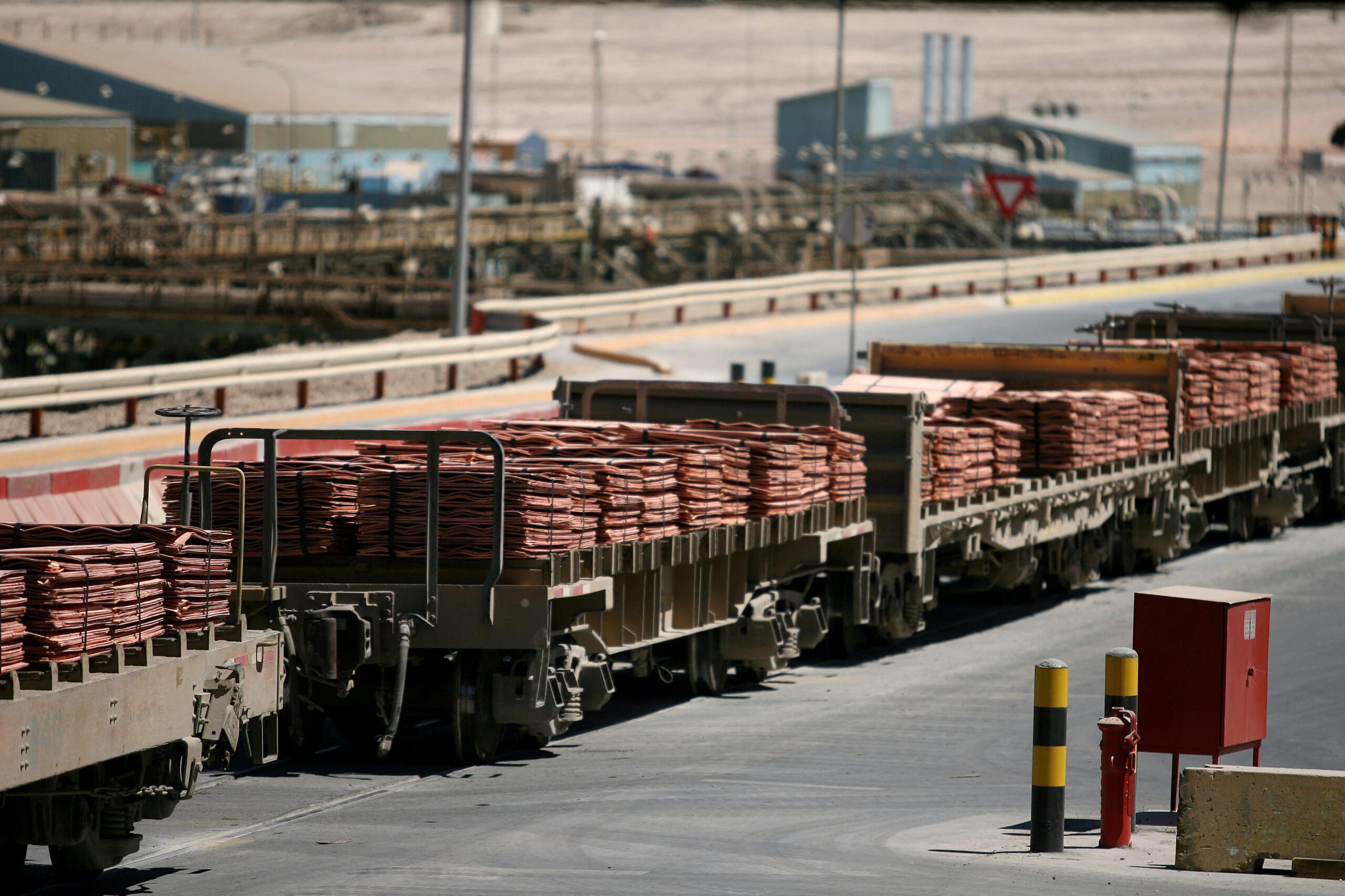
COPENHAGEN-Danish shipping conglomerate A.P. Moller-Maersk A/S(MAERSK-B.KO), banking on the ability of shippers to continue raising freight rates, boosted the outlook for its performance this year despite considerable caution on the global economy, including concerns about a U.S. slowdown.
Maersk, the world’s largest container shipping company and a key bellwether for the industry, signalled confidence in its ability to weather choppy economic seas, but revised down its economic outlook for the year, warning that slowing economic activity in the U.S. and Europe are the biggest threats to world trade.
The guidance boost was widely expected by analysts who followed rate developments closely. The company’s concerns about the sluggish economy, meanwhile, add to growing concerns among big multi-national companies that are eager to see more robust levels of global growth after several years of uncertainty.
“We now expect relatively low global growth in the second half of 2012, and for this we are prepared,” Maersk Chief Executive Nils Smedegaard Andersen said in an interview. “But it could also turn really bad.”
The company pulls in significant revenue from its oil business, in addition to container shipping.
Maersk said it now expects global demand for sea-borne containers to increase by 4% in 2012, down from its previous forecast of between 4% and 6%. Inbound European volumes are now expected to declining due to pressure from the euro zone debt crisis.
Maersk Line, with a 15% world market share, is looking to ride out the storm by relying on continued pricing power. The company reported a 4% increase in average freight rates in the second quarter, including a 14% average rate increase on the key Asia-Europe trade lanes. The freight rate hikes come following a wider industry move to back away from engaging in destructive price wars that were erasing the industry’s profit margins.
The shipping and oil conglomerate is using higher freight rates to offset lower oil and gas production output.
Maersk Line now expects to make “a modest positive result in 2012,” compared with its previous view for a “negative to neutral result” in 2012. But that expectation hinges on the assumption of a continued improvement of freight rates in the second half of the year, Mr. Smedegaard Andersen said.
Rates have recovered some of the ground lost in 2011, but they haven’t yet returned to the desired level of 2010, Mr. Smedegaard Andersen said.
“Rates have risen to a level again that we can live with in the short-term, but it’s not sufficient to secure a return on the industry’s large investments. Rates need to go up further.
Mr. Smedegaard Andersen expects to get little help from the economy. “The two dominant economies in terms of consumption are the US and Europe, and slow growth here will result in a slowdown in world trade,” he said, adding that under a worst-case growth scenario, the company wouldn’t be able to meet its new full-year earnings forecast.
No matter what, Maersk is sitting out any future price wars, unless they start eating away at Maersk Line‘s dominant market position. “We’d like to maintain our market share at the current level of about 15%. As long as we are around that level, we will not compete on price to win market share,” Mr. Smedegaard Andersen said.
Maersk’s net profit still fell 19% to 5.26 billion Danish kroner in the quarter from DKK6.54 billion a year ago, though that figure included a $700 million gain from the sale of a UK supermarket chain. An average of 10 analysts polled by Dow Jones had forecast second-quarter net profit at DKK5.56 billion.
Nykredit analyst Ricky Rasmussen said Maersk Line‘s recovery during the quarter came in weaker than expected, whereas the oil and gas-producing unit’s drop in output was smaller than feared. “Maersk Oil is absolutely positive, but all other businesses are somewhat weaker than expected,” Mr. Rasmussen said.
Investors, meanwhile, reacted positively in early trade. At 0936 GMT, Maersk’s shares traded up 1.1% at DKK41,080.
The rate hikes, along with an 11% increased in the volume of transported goods, helped Maersk Line hike its second-quarter revenue 30% to DKK42.34 billion. The group swung to a net profit of DKK1.27 billion compared to a year-earlier loss of DKK568 million.
Driven by the stronger shipping revenue, Maersk’s group sales rose 11% in the quarter to DKK88.82 billion.
– Flemming Emil Hansen, (c) 2012 Dow Jones & Co

 Join The Club
Join The Club












